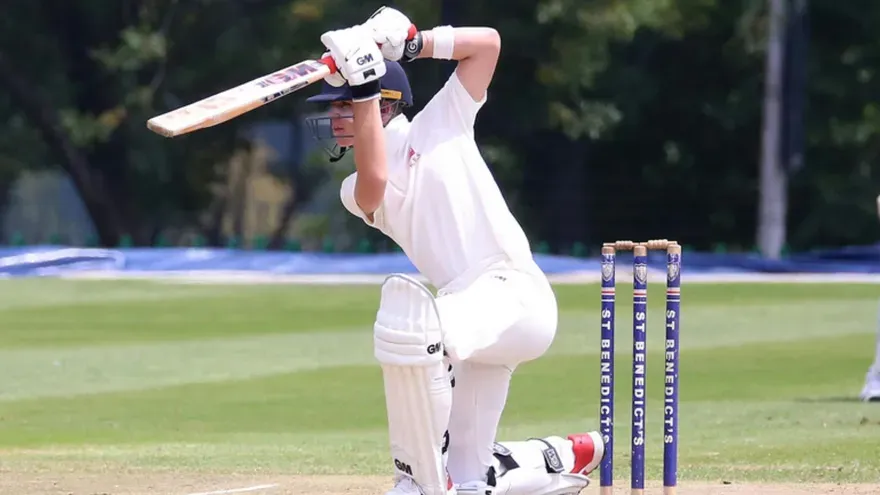The recent row of controversy in cricket has been stirred by Pakistan's captain (and wicket Keeper) Sarfraz Ahmed where he coupled up sledging with racism in an ODI against South Africa. His statement got recorded in the stump microphone which has drawn fierce criticism and demand for a permanent ban on the cricketer.
“Hey black [man], where is your mother sitting? What prayer did you get her to say for you today?" the wicket-keeper was heard saying in Urdu as South Africa's Andile Phehlukwayo ran off to the non-striker's end in the 37th over of the second ODI on Tuesday. Pakistan is on five ODI series in South Africa.
Australian Mike Haysman who was at the mike then asked his fellow commentator Ramiz Raja, a former Pakistani cricketer, "What's he saying there, Ramiz?" to which Raja replied "Difficult really to translate that. It's a big long sentence. [He's] obviously feeling that the left-hander has been very lucky," His statement has been criticized across the board even in Pakistan.
Following the controversy Ahmad has apologized for his comments through the micro-blogging website Twitter (more of an official statement-making platform for several famous men) wherein a series of three tweets he said “I wish to extend my sincere apologies to any person who may have taken offence from my expression of frustration which was unfortunately caught by the stump mic during yesterday's game against SA. My words were not directed towards anyone in particular and I certainly had no intention of upsetting anyone. I did not even mean for my words to be heard, understood or communicated to the opposing team or the cricket fans. I have in the past and will continue in future to appreciate the camaraderie of my fellow cricketers from .across the globe and will always respect and honour them on and off the field.”
Although this was too late for the apology. Ahmed is in line to face International Cricket Council (ICC) sanctions after South Africa team manager Mohammed Moosajee confirmed the governing body had taken note of the comment. "The ICC and the match officials have noted the alleged incident, They have started the necessary procedures to investigate the matter. We can only comment once we have received the results of the investigation. Any further clarification/updates have to go through the ICC" said Moosajee.
The racism in cricket is not new. in the early 20th century, the West Indies joined Australia and South Africa on the touring cricket map. “The initial harmony between white and black players in South Africa was weakening as racial discrimination took hold - a talented black fast bowler, Krom Hendricks, was excluded from the squad for a first tour of England in 1894, and Ranji was omitted from an England tour there, at the request of white South Africans.” Around the same time, Pelham Warner (born in the Caribbean, and after whom the Warner Stand at Lord’s is named), recognized the value of "natives" in the opposition, condemned the whites-only selection policies of some islands.
In recent times when the game is said to have become inclusive there have been isolated instances of racist remarks/comments, not just among players (for instance, the ‘Monkeygate involving India and Australia’) but also against a player/team by spectators (for instance, a man being banned in November 2016 from going to the cricket in Australia for three years after he allegedly wrote racist graffiti aimed at a South African player). In fact, an umpire had also accused the International Cricket Council (ICC) of racial discrimination in 2006 but later dropped the case.














